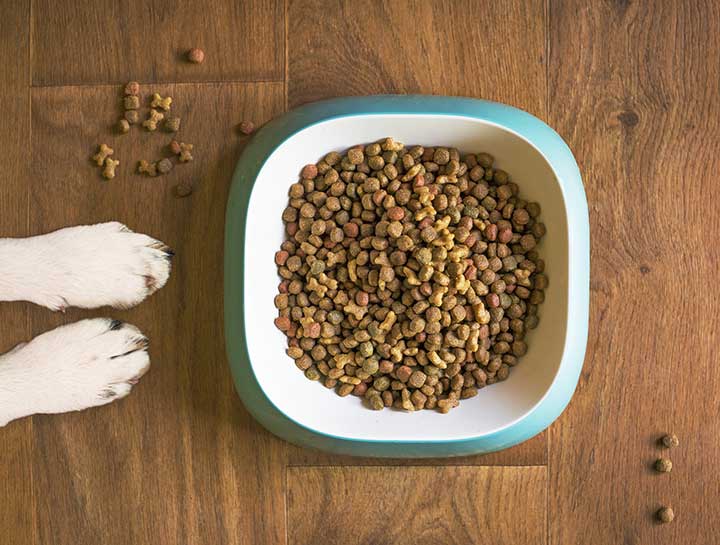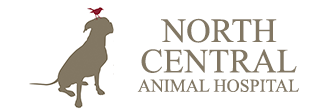Practicing Better Pet Nutrition

Is your pet getting what it needs on a daily basis?
We know our pet owners and pet parents are all about doing what is best for their furry little (and big!) friends. However, overfeeding and poor nutrition is a common problems that many pet owners participate in without even realizing it!
Food Strategies
 Because overfeeding is a common problem leading to overweight pets, we encourage owners to pay close attention to the amount of food and treats they are actually feeding their pets each day. It is also important to remember that spaying or neutering will lower your pet’s calorie needs by 20%. Some animals are obese-prone and should also have their intake lowered by 20%. Puppies and kittens need double the calories that adult dogs and cats need.
Because overfeeding is a common problem leading to overweight pets, we encourage owners to pay close attention to the amount of food and treats they are actually feeding their pets each day. It is also important to remember that spaying or neutering will lower your pet’s calorie needs by 20%. Some animals are obese-prone and should also have their intake lowered by 20%. Puppies and kittens need double the calories that adult dogs and cats need.
Pet food bags often over-calculate the serving size, so it is often helpful to start with 2/3 of the recommended feeding. Make sure you can see slightly defined ribs, a tight stomach, and a defined waist. Don’t go by how hungry your pet acts. If you are concerned about your pet’s dietary needs, call us today and talk to a vet about pet nutrition.
- The average adult cat (spayed or neutered) weighing 10lbs needs 200-250 calories a day
- The average adult dog (spayed or neutered) weighing 20lbs needs 500 calories a day
- The average adult dog (spayed or neutered) weighing 40lbs needs 900 calories a day
Don't Read Too Much into the Label
There are many myths in the pet industry about food allergies and digestion issues as well as many misleading labels. Grains, corn, fiber, and byproducts have been given a very bad reputation by well-meaning pet lovers. Grains are a good source of highly digestible energy and corn is among the easiest carbohydrates for your pet to digest. Pets commonly have environmental allergies, but few have food allergies (about 10% of all pet allergies come from foods).
Look for foods made by companies that are trustworthy and have a long history of producing quality foods for pets.
What is your pet's favorite food?
